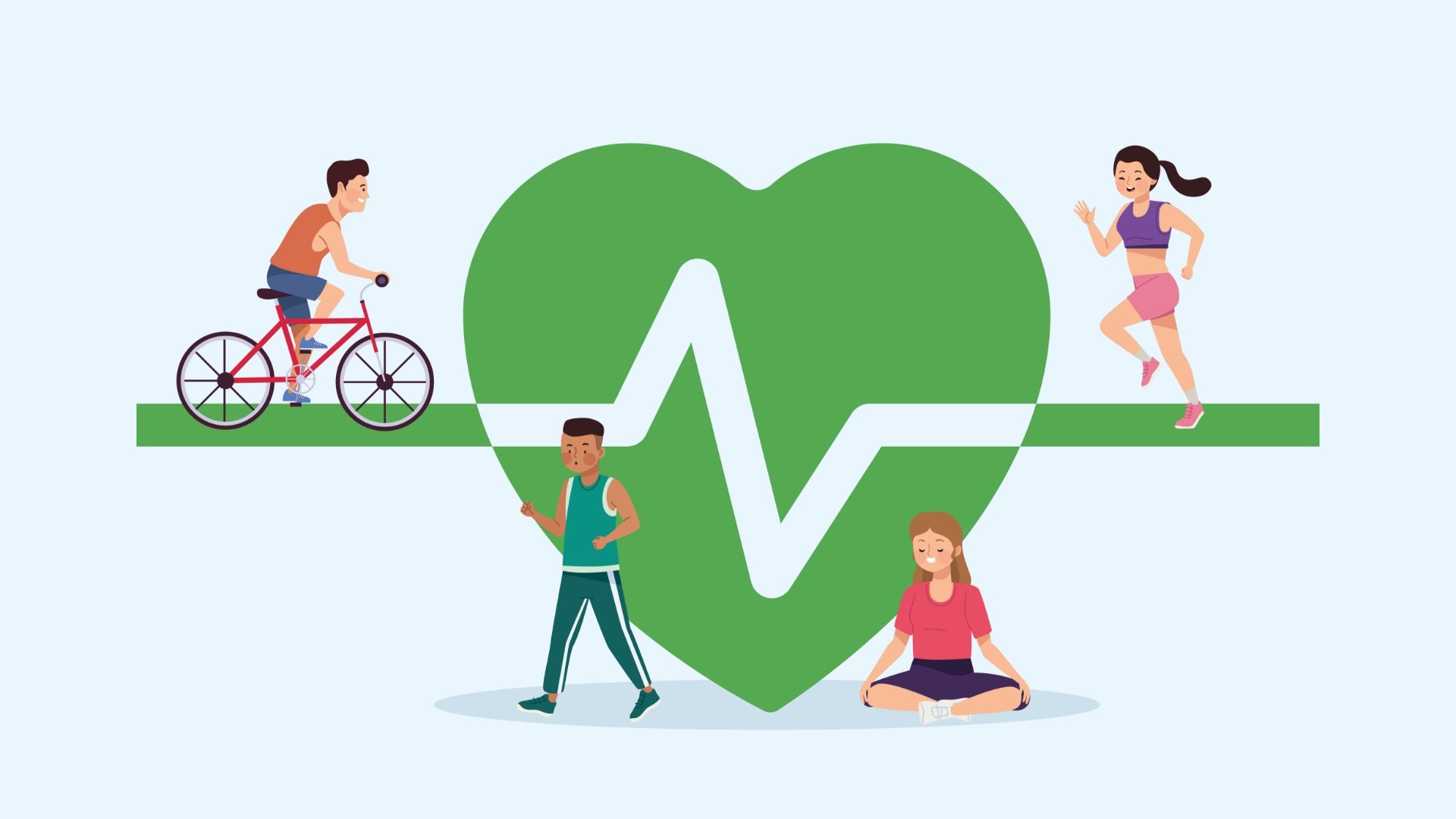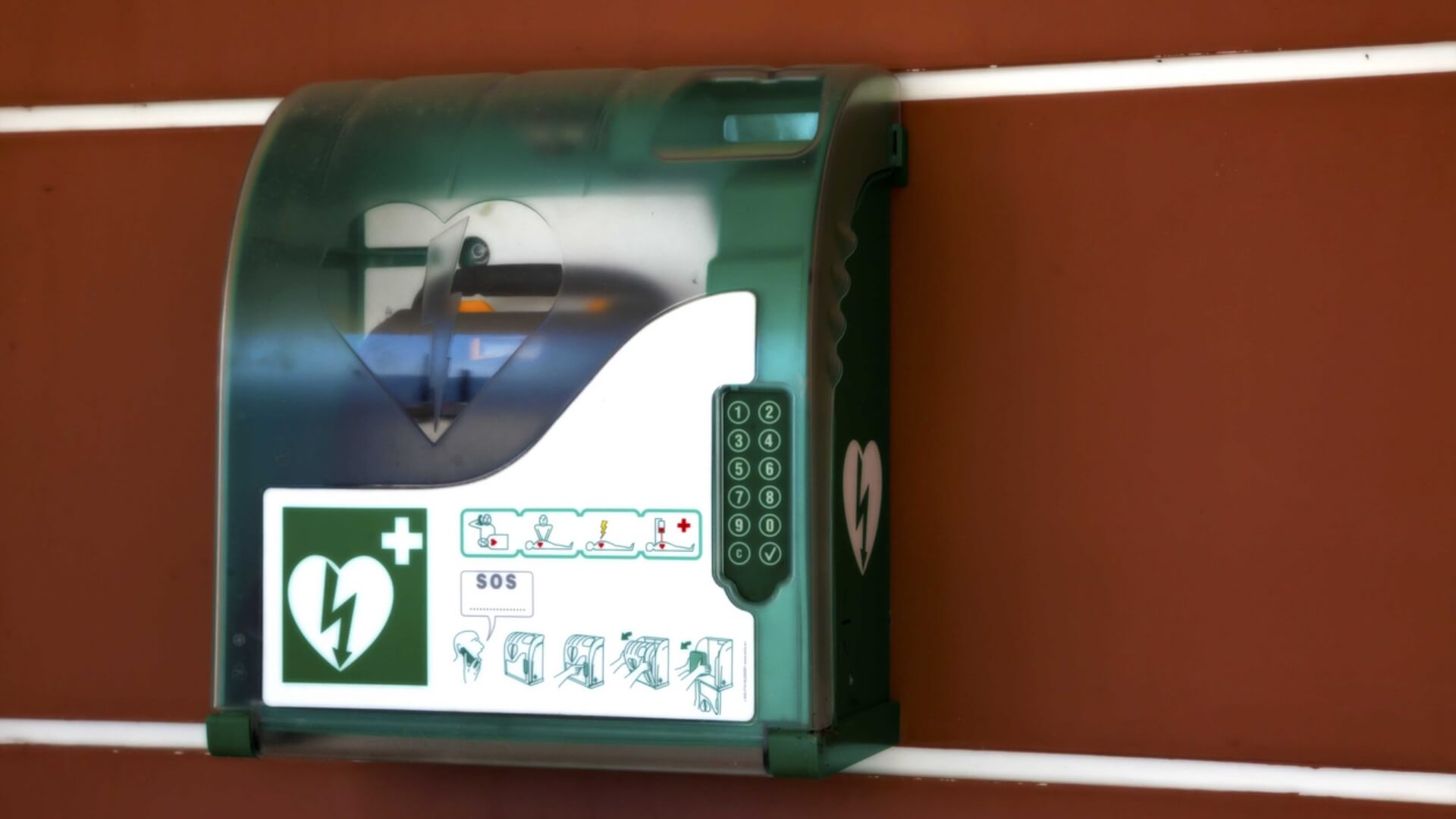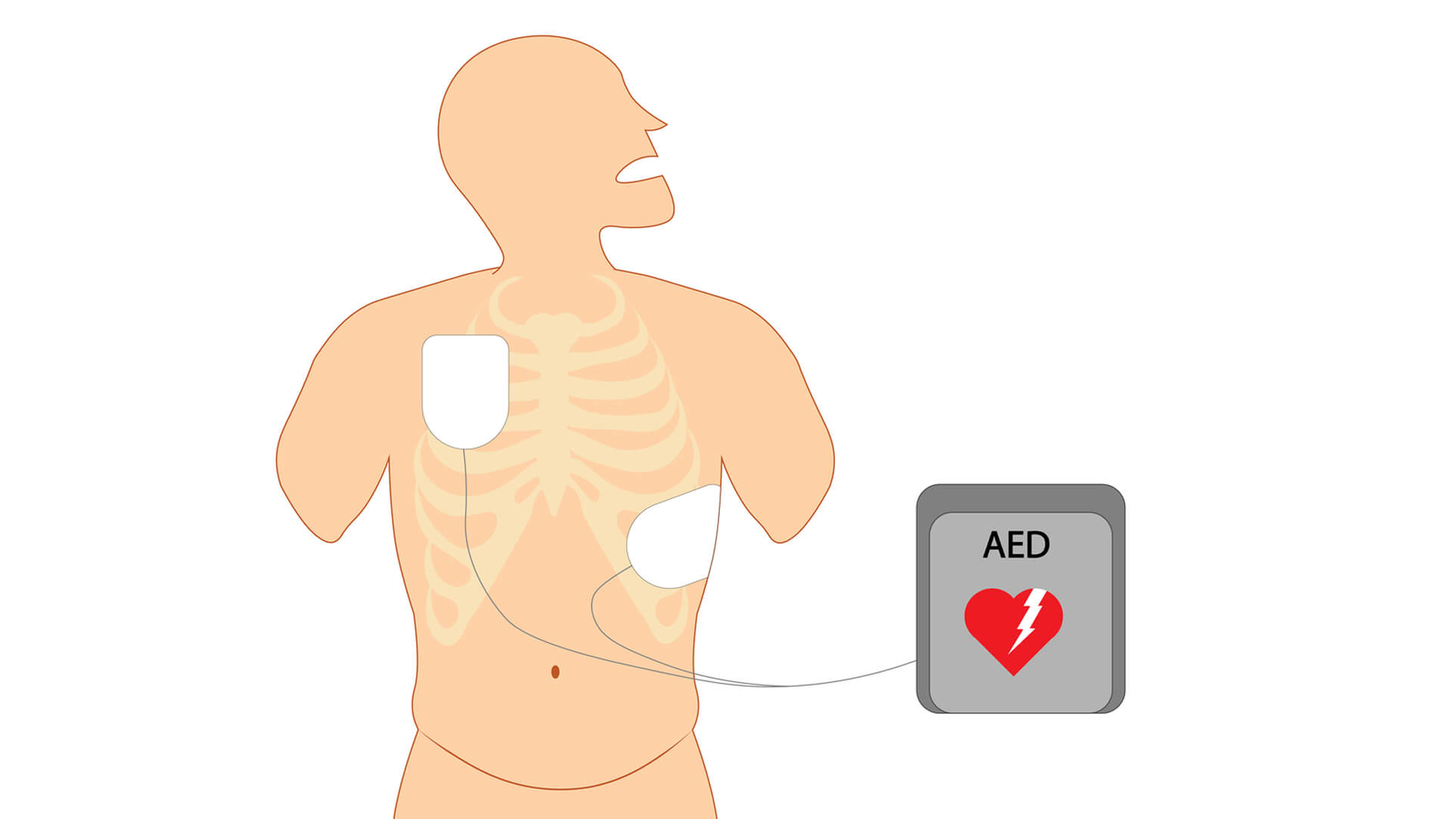-
Written By Prabakar Mahalingam
- Published
Heart Pounding After Exercise: Causes, Risks, and When to Seek Help

Heart palpitations can happen during exercise. This occurs when the heart’s rhythm briefly goes out of sync. Lifestyle factors like smoking, high blood pressure, and a poor diet can increase the risk. Yet, most episodes are harmless and go away quickly. Sometimes, palpitations may point to more serious conditions. These can include atrial fibrillation, coronary artery disease, structural heart issues, or heart muscle inflammation.
If you notice heart palpitations and have chest pain, shortness of breath, severe dizziness, or fainting, get medical help right away. This is especially true if you’ve had a heart attack before. These warning signs may point to a serious condition. For less urgent cases, note when the palpitations happen. Think about recent activities, meals, or emotions that could be involved. If the symptoms continue, a doctor’s evaluation is the safest step.
Ensure it’s exercise-induced heart palpitations, not a high heart rate from exercise.
It’s normal for your heart to race during and after exercise, especially with tough workouts. The American Heart Association says that vigorous workouts raise the heart rate to 70–85% of its max. In contrast, moderate exercise keeps it at 50–70%. A simple way to estimate your max is to subtract your age from 220 beats per minute.
It’s normal to feel your heart pounding in your chest, neck, or head after intense exercise. This is especially true if you’re not used to regular training. When you exercise, your heart pumps harder to send oxygen to your muscles. Practicing steady breathing helps you feel each heartbeat more clearly.
Heart palpitations occur when you notice your heartbeat more than usual. They feel distinct from the normal rhythm and can seem faster, stronger, or irregular.
- Irregular heartbeats
- Skipped beats
- A heart flutters
- A feeling that your heart is doing flip-flops in your chest.
- A heart rate that exceeds the recommended range for your activity level.
These sensations are fairly common and often noticed at night. In most cases, they stem from simple, harmless causes rather than serious conditions.
Common causes of heart palpitations before, during, or after exercise
Heart palpitations can be caused by many triggers. Often, simple lifestyle changes can reduce or stop them.
- Stress. Emotional stress often triggers heart palpitations. So, it’s important to tackle the root causes. Techniques like mindfulness and meditation can help you relax and find balance. When necessary, getting professional help can also be useful.
- Caffeine, alcohol, and certain foods. Too much caffeine, alcohol, sugar, salt, or specific foods can cause heart palpitations. To learn more, explore our guide on foods best avoided if you experience them.
- Smoking. Nicotine raises the risk of heart disease and stroke. Yet, quitting can improve your heart health and may help reduce palpitations.
- Certain medications. Some medications can cause heart palpitations. This includes specific antibiotics, asthma inhalers, thyroid treatments, and blood pressure meds. Both prescription and over-the-counter options may be involved.
- Low blood sugar. Eating a balanced meal with healthy carbs about two hours before exercise helps stabilize blood sugar. This can help improve workout performance.
- Low potassium or magnesium levels. Eating foods high in magnesium and potassium is important. Staying hydrated is key too. Coconut water and electrolyte drinks are great options during intense training. They help keep you hydrated and support healthy muscle function.
- Poor sleep or inadequate sleep. Adults should aim for seven to nine hours of good sleep each night. Poor sleep can raise the risk of palpitations, high blood pressure, and heart disease.
- High blood pressure (hypertension). Check your blood pressure every year. If it’s high, healthier choices can help lower it.
- Intense exercise with minimal resting periods. When starting new workouts, ease in slowly. Also, take enough rest between sets to help with recovery.
- Hormonal shifts from pregnancy, Hormonal changes during menstruation or menopause can cause heart palpitations. So, it’s important to keep an eye on symptoms even after these phases.
Less common but more serious causes of an abnormal heart rhythm before or after exercise.
An irregular heartbeat during exercise is rare. Yet, if it occurs, it might indicate a heart condition that needs attention.
- An arrhythmia, like atrial fibrillation
- An abnormality in one of the heart valves
- Coronary artery disease
- Myocarditis
Doctors can find these conditions using tests like an ECG, echocardiogram, or blood work. If they discover an issue, they will make a treatment plan for you.
How to work out whether the arrhythmia is serious.
Severe palpitations are a medical emergency. This is especially true if they have chest pain, feel dizzy, struggle to breathe, or faint. This is crucial for anyone who has had a heart attack. These symptoms might mean cardiac arrest. Immediate medical help is crucial. Sometimes, using a defibrillator, such as the Philips HeartStart FRx, is needed. You often find these in ambulances and hospitals.
An irregular heartbeat is often less worrying, but you should still watch it closely.
- To check your heart rate after exercise, count your pulse for 30 seconds. Then, multiply that number by two.
- After you exercise, check your heart rate. Write down the type of workout you did. Also, note your recent meals, medications, and any symptoms you feel. Keeping a journal helps identify triggers and provides valuable details for your doctor.
Exercising with Heart Arrhythmias
Even with a diagnosis of heart arrhythmia, regular exercise remains important. Staying active helps maintain a healthy weight. This, in turn, reduces the risk of arrhythmias and heart disease.
Before starting a workout plan, check with your doctor. They can tell you which activities are safe and how to increase intensity gradually. Cardio and yoga usually put less strain on the heart than heavy lifting. It’s smart to get medical clearance before you exercise or travel to higher altitudes.
FAQs
What does it mean if I have heart palpitations while exercising?
Heart palpitations can occur when you exercise. They usually happen because your heart is pumping harder to provide oxygen. Most of the time, they are harmless. But if you have chest pain, dizziness, or shortness of breath, get medical help.
Are heart palpitations and exercise always dangerous?
Not always. Heart palpitations may occur with exercise. They often happen when your heart rate spikes during intense workouts. But if palpitations are ongoing or unusual, they might signal a problem. It’s important to get a doctor’s checkup.
Why do I sometimes get palpitations hours after exercising?
Palpitations after exercise may come from dehydration, caffeine, stress, or not recovering well. If these occur often or come with other symptoms, see a healthcare professional.
Can I still work out if I experience heart palpitations while exercising?
Light and moderate workouts are usually safe. But if you often have palpitations, it’s wise to check with your doctor before you exercise.
When should I worry about heart palpitations and exercise?
If you feel palpitations along with chest pain, fainting, or trouble breathing, seek medical help immediately. These could signal a more serious heart issue.
Conclusion
In most cases, heart palpitations during or after exercise are harmless. They often relate to normal changes in heart rate, stress, or lifestyle habits. If you have persistent or severe symptoms, don’t overlook them. This is key if you feel chest pain, dizziness, fainting, or shortness of breath. Listen to your body. Keep up healthy habits. Seek medical advice when needed. These are the best ways to protect your heart health and stay safe.


